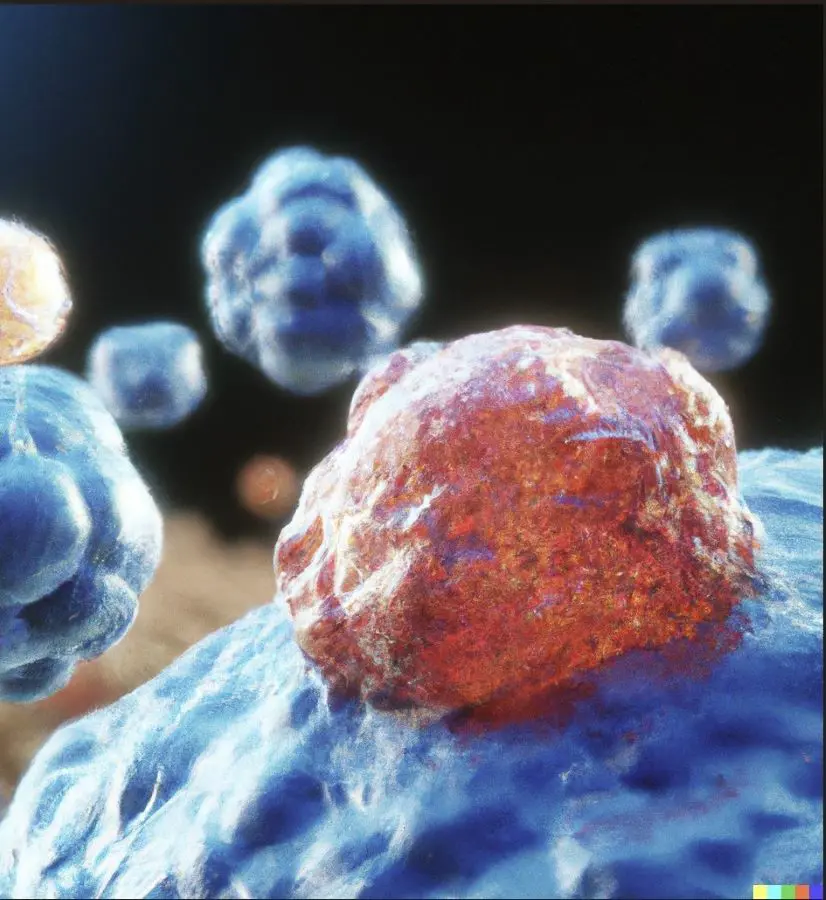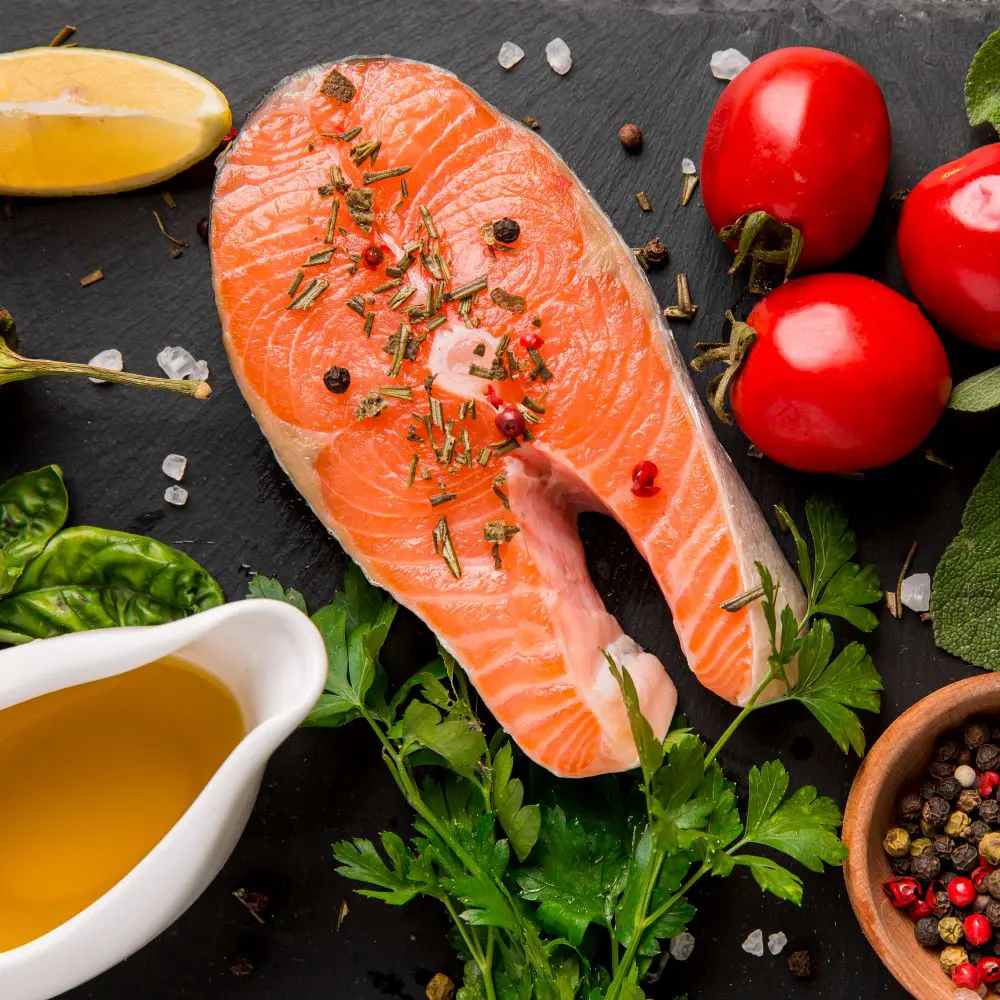Jalapenos Health Benefits And Nutrition Facts

Jalapenos are chili peppers known for their moderate heat and distinctive flavor, widely used in various cuisines worldwide. Jalapeños are rich in vitamins, minerals, and antioxidants, making them a nutritious addition to many dishes.
Including jalapenos in your diet can enhance flavor while providing benefits such as improved metabolism, pain relief, and cardiovascular health. This paper explores the jalapenos benefits, their nutritional facts, and how they contribute to overall well-being.
What are Jalapeños?

A jalapeno is a type of chili pepper that belongs to the Capsicum annuum species. Characterized by its vibrant green color when unripe, which turns red as it matures, a jalapeno typically measures about 2-4 inches in length and has a firm, smooth skin.
The taste of jalapeno is notably spicy, with a moderate heat level compared to other chili peppers. It also has a slightly sweet and crisp flavor, which makes it a versatile ingredient in various culinary applications.
Botanically classified as a fruit, the jalapeno is often treated as a vegetable in cooking. For a spicy kick, it can be eaten fresh, pickled, roasted, or added to salsas, salads, and cooked dishes.
Some of the well-known types include the Early Jalapeno, Purple Jalapeno, and Mucho Nacho.
Health Benefits of Jalapeno Peppers
The benefits of jalapeño peppers are numerous, thanks to their rich nutritional profile. They are packed with vitamins, particularly vitamin C and vitamin A, which are essential for immune function and eye health. Jalapenos also contain significant amounts of vitamin B6 and vitamin K.
Here are some important health benefits of jalapeno pepper:
Boosts Metabolism
Jalapenos contain capsaicin, a bioactive compound responsible for their spicy heat. Capsaicin stimulates thermogenesis, a process where the body converts energy into heat, which increases metabolic rate and calorie burning.
Studies have shown that capsaicin can increase metabolism by enhancing fat oxidation and energy expenditure. This thermogenic effect helps with weight management by promoting the burning of fat and reducing body fat accumulation.
Rich in Antioxidants

Jalapenos pepper benefits from antioxidants like vitamin C, flavonoids, and carotenoids. Vitamin C is a potent antioxidant that protects cells from damage by neutralizing free radicals, and unstable molecules that can cause oxidative stress and lead to chronic diseases.
Flavonoids and carotenoids in jalapenos also contribute to their antioxidant capacity, helping reduce inflammation and prevent cellular damage. These antioxidants collectively support the body's defense against aging and disease.
Aids in Pain Relief
Capsaicin has well-documented analgesic properties. It works by binding to transient receptor potential vanilloid (TRPV1) receptors, which are involved in transmitting pain signals to the brain. By activating these receptors, capsaicin can temporarily desensitize them, reducing pain sensation.
This makes capsaicin an effective treatment for conditions like arthritis, neuropathic pain, and muscle aches. Topical creams containing capsaicin are commonly used to alleviate chronic pain.
Promotes Regular Bowel Movements
The fiber content in jalapenos supports healthy digestion by adding bulk to the stool, which promotes regular bowel movements and prevents constipation. Fiber also acts as a prebiotic, feeding beneficial gut bacteria and supporting a healthy microbiome.
A well-balanced gut microbiome is essential for efficient digestion, nutrient absorption, and overall gastrointestinal health. By maintaining regular bowel movements and a healthy gut environment, jalapenos contribute to optimal digestive function.
Supports Eye Health

Jalapeno peppers benefits eye health with the presence of vitamin A and beta-carotene, both of which are crucial for maintaining healthy vision. Vitamin A is essential for the formation of rhodopsin, a pigment in the retina that helps with night vision.
Beta-carotene, a precursor to vitamin A, also acts as an antioxidant, protecting the eyes from oxidative stress and age-related damage. Regular consumption of vitamin A-rich foods like jalapenos can help prevent conditions such as night blindness and age-related macular.
Helps Suppress Appetite
Capsaicin in jalapenos not only boosts metabolism but also helps suppress appetite. It increases feelings of fullness and satiety, reducing overall calorie intake.
Capsaicin's appetite-suppressing effects can help individuals manage their weight more effectively by reducing the tendency to overeat and snack between meals. Incorporating jalapenos into a balanced diet can support healthy weight loss and maintenance efforts.
Acts as Natural Mood Enhancers
Consuming capsaicin can trigger the release of endorphins, which are natural chemicals that make you feel good. These endorphins interact with brain receptors to create a positive and enjoyable feeling.
This mood boost can help reduce depression and promote a sense of well-being. Additionally, the heat from capsaicin causes the body to release adrenaline, leading to a temporary feeling of euphoria. This adrenaline rush can be refreshing and adds to the mood-enhancing effects of eating jalapenos.
Promotes Respiratory Health
Incorporating jalapeños into your diet can be a simple way to support respiratory health. Capsaicin in jalapeños has been shown to help relax the airways, reducing inflammation and constriction, which can alleviate symptoms of respiratory conditions.
Additionally, the antioxidants and vitamins in jalapeños, such as vitamin C and vitamin E, help protect the lungs from oxidative damage and support overall respiratory health.
Capsaicin has also been found to have anti-inflammatory properties, which can help reduce inflammation in the airways and alleviate symptoms of respiratory conditions like bronchitis and asthma.
Provides Anti-Inflammatory Benefits
Capsaicin promotes the release of anti-inflammatory proteins that further help to mitigate inflammation. This action makes jalapenos beneficial for managing chronic inflammatory conditions such as arthritis, psoriasis, and inflammatory bowel disease.
Consuming jalapenos regularly can help alleviate symptoms like joint pain, swelling, and redness, improving overall quality of life. Furthermore, the anti-inflammatory properties of capsaicin extend to cardiovascular health by reducing inflammation in blood vessels, which can help prevent atherosclerosis and related heart diseases.
For individuals looking to incorporate anti-inflammatory foods into their diet, jalapenos can be added to a variety of dishes, including salads, soups, and stir-fries, or consumed as part of spicy sauces and salsas.
May Slow the Growth of Cancer Cells

Jalapeno peppers contain capsaicin, a compound that has been discovered to inhibit the growth of cancer cells. Capsaicin targets the mitochondria, the powerhouse of cancer cells, causing them to undergo apoptosis, or programmed cell death. This process is vital for eliminating abnormal or damaged cells and preventing the spread of cancer.
Chronic inflammation is closely linked to cancer development and progression. Capsaicin exhibits anti-inflammatory properties that can help reduce inflammation in the tumor microenvironment, thereby creating an unfavorable environment for cancer cell growth.
Enhances Nutrient Absorption
Another benefits of jalapeno peppers is their potential to improve how the body absorbs nutrients. This is because of its special structure and high capsaicin content. When taken orally or applied topically, capsaicin is absorbed well by the body, with up to 94% absorption rate.
This means capsaicin can effectively interact with the body, helping it absorb and use nutrients better. To enjoy this advantage, it's suggested to eat jalapenos regularly, preferably as part of a balanced diet.
How often you eat them can vary based on personal preferences and health goals. For general health benefits, having jalapenos 1-2 times a week can be helpful.
Jalapeno Soothes Migraines
Jalapenos can help soothe migraines thanks to capsaicin, which inhibits Substance P, a major pain transmitter in the brain. Capsaicin numbs the trigeminal nerve, where migraines and severe headaches often begin, offering relief.
It also helps with sinus headaches by clearing mucus and reducing nasal congestion. The anti-inflammatory properties of capsaicin further enhance its pain-relieving effects, making it a potential treatment for migraines, cluster headaches, and tension headaches.
Maintains Skin Elasticity and Fairness

Jalapenos can contribute to maintaining skin elasticity and fairness due to their rich content of vitamins and antioxidants. They are particularly high in vitamin C, an essential nutrient that promotes collagen production.
Additionally, the antioxidants in jalapenos, such as vitamins A and E, help protect the skin from damage caused by free radicals and environmental stressors, reducing the appearance of wrinkles and age spots.
The anti-inflammatory properties of capsaicin, the active compound in jalapenos, can also help reduce redness and irritation, contributing to a more even skin tone. Incorporating jalapenos into your diet regularly can thus support healthier, more resilient skin.
Potentially Reduce the Risk of Alzheimer's Disease
Jalapenos may lower the risk of Alzheimer's disease due to capsaicin, which has shown positive effects in reducing the risk of neurodegenerative disorders. Diets rich in capsaicin are linked to lower levels of serum beta-amyloid, an Alzheimer's risk marker.
Capsaicin also protects neuronal network gamma oscillations, important for cognitive functions, from beta-amyloid damage. These protective effects are believed to result from capsaicin's ability to influence key molecular pathways involved in neurodegeneration and cognitive decline.
Aids in Osteoporosis

Jalapenos may help with osteoporosis because they contain vitamin K, which is important for bone health. Vitamin K helps increase bone density and reduce fracture rates in people with osteoporosis. It also regulates calcium, a crucial mineral for strong bones.
Adding jalapenos to your diet can provide vitamin K, support bone health, and potentially prevent osteoporosis. However, since jalapenos don't provide enough calcium on their own, it's important to eat a balanced diet with plenty of calcium and other bone-strengthening nutrients.
Jalapeno is Rich in Potassium
The high potassium content in jalapenos offers several health benefits. Potassium is essential for various body functions, such as maintaining proper muscle function, regulating fluid balance, and supporting nerve transmission.
In jalapenos, potassium helps regulate blood pressure by counteracting sodium's effects, promoting cardiovascular health. Adequate potassium intake is linked to a lower risk of hypertension and stroke, making jalapenos a good addition to a diet aimed at maintaining healthy blood pressure.
Potassium is also crucial for muscle contractions, including the heart, and supports overall nerve function. Adding jalapenos to meals can boost overall health by providing this essential mineral.
Jalapeno Nutritional Facts
Jalapenos are low in calories, with just about 4 calories per pepper, making them an excellent addition to a calorie-conscious diet. They are also low in fat and sugar, which makes them suitable for various dietary preferences. On the other hand, jalapenos are rich in essential nutrients and compounds.
According to the U.S. Department of Agriculture, 1 cup, sliced (90 g) of jalapeno contains:
- Calories: 26
- Protein: 0.82 g or 2% of the DV
- Vitamin C: 106.7 mg or 119% of the DV
- Iron: 0.23 mg or 1% of the DV
- Calcium: 10.8 mg or 1% of the DV
- Potassium: 223.2 mg or 5% of the DV
- Fiber: 2.5 g or 9% of the DV
- Carbs: 5.9g or 2% of the DV
Potential Side Effect and Precautions
Jalapenos can have side effects, but they are not always present. Here are some possible side effects and precautionary measures for consuming jalapeños:
- Temporary Burning Sensation: This common side effect can vary from mild to severe based on the pepper's spiciness. To minimize this, avoid peppers with small brown lines (indicating spicier peppers), use gloves when handling, remove the white membranes with the most capsaicin, and drink milk if the burning is too intense.
- Heartburn: Capsaicin can aggravate heartburn symptoms, so those with reflux might want to avoid jalapeños if they trigger discomfort. Drink milk if the burning sensation is too strong.
- Abdominal Issues: People with irritable bowel syndrome (IBS) may experience symptoms like abdominal pain, burning, cramping, and diarrhea after eating jalapeños, especially if they are not accustomed to them.
- Allergic Reactions: Although rare, some individuals may be allergic to jalapeños or spicy foods, leading to symptoms like nausea, diarrhea, migraines, swelling, and acid reflux.
- Contamination with Aflatoxin: Dried peppers and spices can sometimes be contaminated with aflatoxin, a mold that can cause cancer and organ damage. Choosing irradiated spices may help reduce this risk.
Ways To Add Jalapeno to Diet
Jalapenos are a versatile and nutritious fruit that can be enjoyed in various ways. If you are new to spicy foods, start with a small amount, such as half a jalapeno, and gradually increase as you build tolerance.
For general health benefits, consuming 1-2 jalapenos per day can be effective, but this can vary based on individual tolerance and preference. Here are different ways to add jalapenos to your diet:
- Chop raw jalapenos and add them to salads for a spicy crunch.
- Dice jalapenos and mix with tomatoes, onions, cilantro, lime juice, and salt to make a fresh salsa.
- Stuff jalapenos with cheese, meat, or a mix of vegetables, then bake or grill them for a tasty appetizer.

- Slice and pickle jalapenos to use as a tangy topping for sandwiches, tacos, or nachos.
- Blend jalapenos into hot sauces or marinades for an extra kick in your dishes.
- Mix chopped jalapenos into guacamole or cheese dip for added spice.
Recent posts
Nutrition
Nutrition
Licorice Root: Benefits And Uses
You can spell it liquorice or licorice; this herb or root has been in use for centuries in most medicinal applications, as a natural sweetener and to enhance flavors. Regarding its origins, it comes from the root of the "Glycyrrhiza galbre" plant and...
Nutrition
Is Salmon Good For You? Nutritional Facts and Benefits
Salmon fish is a staple diet throughout the world, popular as a super food for its nutrients. Whether savored in sushi, poached, grilled, roasted, or pan-fried, salmon offers minerals and vitamins that contribute to healthy bodily functions. In addit...
Nutrition
25 Smoked Salmon Recipes That You Will Enjoy
Salmon is a silver-colored fish that is loaded with many nutrients, vitamins, and omega-3 fatty acids. Smoked Salmon is better for improving your health and reducing the risk of cancer, heart-related diseases, fights inflammation, reduces anxiety and...
Nutrition
Are Sausages Healthy? Nutrition And Health Benefits
Sausages are tasty in an addictive way, making them one of the most popular foods worldwide. You may have enjoyed this convenient food often, whether on a bun with mustard or grilled on a barbecue, the simple preparation methods are what makes its co...
Nutrition
20 Vegetables That Are Rich In Iron
Iron is essential for our bodies to function well. When we don't get enough iron, we often feel weak and tired. It's important to address iron deficiency early by eating the right foods. Fortunately, many vegetables are rich in iron and can help prev...
Nutrition
15 Cauliflower Nutrition Facts And Health Benefits
Cauliflower, a cruciferous vegetable, resembles a white variation of its relative, broccoli. Like broccoli, it has closely bunched florets attached to a thick core, often surrounded by a few leaves. While white is the most common color, cauliflower i...







